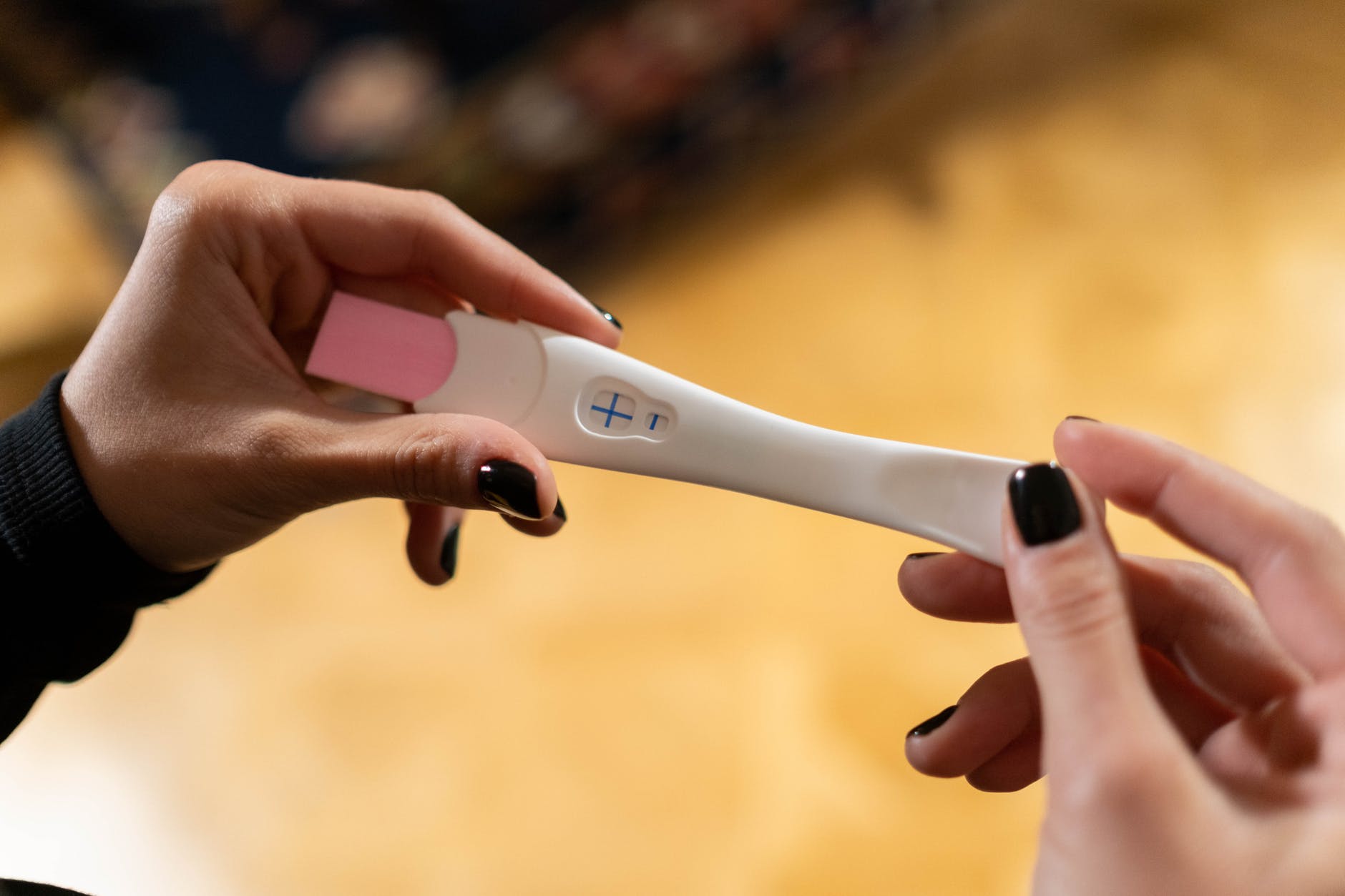There are many reasons your period might be late.
While pregnancy is usually the first conclusion we jump to, there are other possible reasons your time of the month has been delayed.
Take a look:
Contraception

Contraception such as the pill, the coil, the implant (bar) or the patch can all have an affect on your period.
Once you start taking a form of birth control, it may take several months for your periods to regulate itself again.
Some forms of contraception can cause spotting or irregular bleeding, while others may stop your period all together.
If you have any concerns about your contraception and its’ effect on your cycle, be sure to visit your doctor.
Emergency Contraception

Emergency contraception is a pill taken up to five days after unprotected sex to reduce the risk of pregnancy. It is available over-the-counter in a pharmacy.
The pill works by delaying ovulation and thickening the lining of the uterus to make it harder for an embryo to attach. This can affect you periods making them either early or late.
If your period is more than a week late after using emergency contraception, take a pregnancy test just in case.
Stress

Stress can play a huge part in your period being late, as it can throw off your hormones.
If you’re having a stressful time at work or in education, or have been under pressure or emotional turmoil somewhere else in your life, it could explain why your period is late.
You can try to relieve stress and regulate your cycle by adding some exercise and meditation into your daily routine.
If you’re suffering from chronic stress, make sure to talk to a professional.
Weight

A low body weight can affect your period, as can obesity.
Your period may actually stop in either case, as weight can affect how our hormones work.
If you’ve recently had a drastic weight change, or are under or overweight, it may be the reason your period is late or missing.
Women who compete in things like marathons or extreme exercise may also notice changes to their period.
If you think weight might be the reason for your late period, speak to your doctor and check out Bodywhys.ie.
Chronic health conditions

There are a number of health conditions that may cause your period to be late or missing.
Thyroid issues can affect your hormones and throw your period off.
Symptoms of this include drastic weight loss or gain, weakness, low mood or hair loss.
Other conditions such as diabetes or coeliac disease (gluten intolerance) can also affect your cycle.
Don’t self-diagnosis yourself. If you have any health related queries, book an appointment with your GP and voice your concerns.
Reproductive health conditions

Reproductive health conditions such as polycystic ovarian syndrome (PCOS) or endometriosis can affect your periods.
PCOS causes cysts to grow on your ovaries. This can make periods irregular as you may not ovulate every month or can stop you period completely.
Other symptoms of the condition include acne, hair loss on head, excessive hair growth and fertility problems.
Menopause

Most women start menopause aged 45 to 55. If you’re in this age bracket. that may be the reason for your late period.
Other signs of menopause include hot flushes, mood changes and metabolism changes.
If menopause begins to occur in women under the age of 40, it is called early peri menopause. Your egg number begins to decrease prematurely, causing missed periods or cycle changes.
Other symptoms include moodiness, vaginal dryness, hot flushes and decreased sex drive.
Again, speak to your doctor if you are experiencing the above symptoms.
Medication

Certain medications may affect your menstrual cycle, resulting in a late period.
If you’ve recently started any new medications. check the side affects or consult your doctor as to whether this may be the cause.
Anti-depressants, thyroid medication, antipsychotics, anticonvulsants, and chemotherapy are some examples of medication that can affect your period.
Lifestyle changes

Our body clocks can be sensitive, so any lifestyle changes may affect your period. If you’ve started working night shifts, moved time zone, starting going out late partying or are jet lagged it may be a reason why your period is late.
If you’ve a busy schedule you may be stressed without releasing which might change your cycle. Sudden diet or exercise changes can be a factor too.
Pregnancy

As we said earlier, just because your period is late does not necessarily mean you are pregnant.
However, if you are sexually active then it is always a possibility, and you should take a test or go to a doctor to check whether this is the case.
If you have an unplanned pregnancy, you can freephone My Options on 1800 828 010 for confidential information and counselling.
Remember, cycle variation is normal throughout your life. A normal menstrual cycle is classified as 21-35 days in length.
Keeping track of your periods or using an app such as Flo to track them is a great way to learn what’s normal for you.

